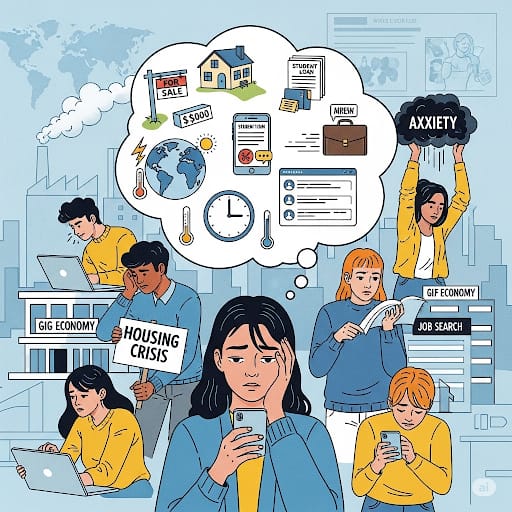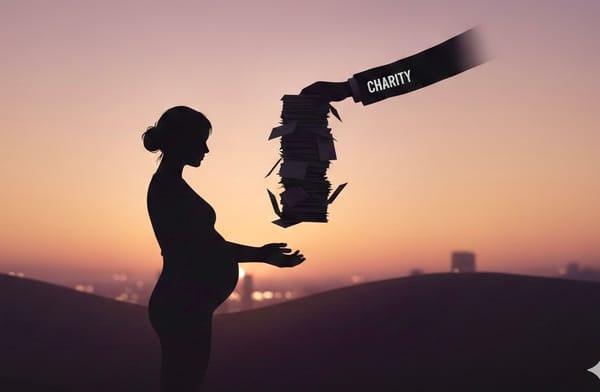The awesome suffering of Gen Z
When economic times turn sour, people turn Left, which promises relief. For socialism and communism, the Great Depression was a boom time.

A very thoughtful friend of mine on Facebook was mulling the New York mayoral race, with a self-described socialist, Zohran Mamdani, as the likely victor.
Like me, he says — fine!
Not because he wants a socialist to win. Au contraire.
“His win will remind the nation, and many Democrats of socialism's many harms. Collectivist ideas always fail, though they never die,” he wrote. I feel the same.
He then correctly noted that socialism is gaining popularity “among young voters from 18-29 (62%). A third of those have a favorable view of communism. But they've never really known prosperous times in their adult lives,” he wrote, “coming of age during Covid and having never really experienced what can be known as American prosperity.”
That gave me pause for thought.
In a sense, he is right, with general agreement that this rising generation will not do as well as their parents. This seems shocking, but not unique. The generation of the Great Depression/WWII, for instance, did not do as well as their parents.
So, yes, Gen Z may not know the creature comforts of their parents — until their parents die. Then Gen Z suddenly will become wealthy, through inheritance. Generally speaking. (See what I did there?)
When economic times turn sour, people turn Left, which promises relief. For socialism and communism, the Great Depression was a boom time. Unrestricted capitalism led to unrestricted misery for most Americans. Many turned away from it, as the “youth” are doing now.
And the economically depressed “youth” learn about how bad they have it by watching it on streaming services on the 50-inch flat screen TV in their air-conditioned bedroom.
In those bedrooms they use their iPhones to organize protests against the machine, assisted by ChatGPT, while posting reels on TikTok, or fooling around with their PlayStation.
They suffer their depression in greater comfort than three-quarters of the world’s population.
And, as always, eventually the pendulum will swing back.



